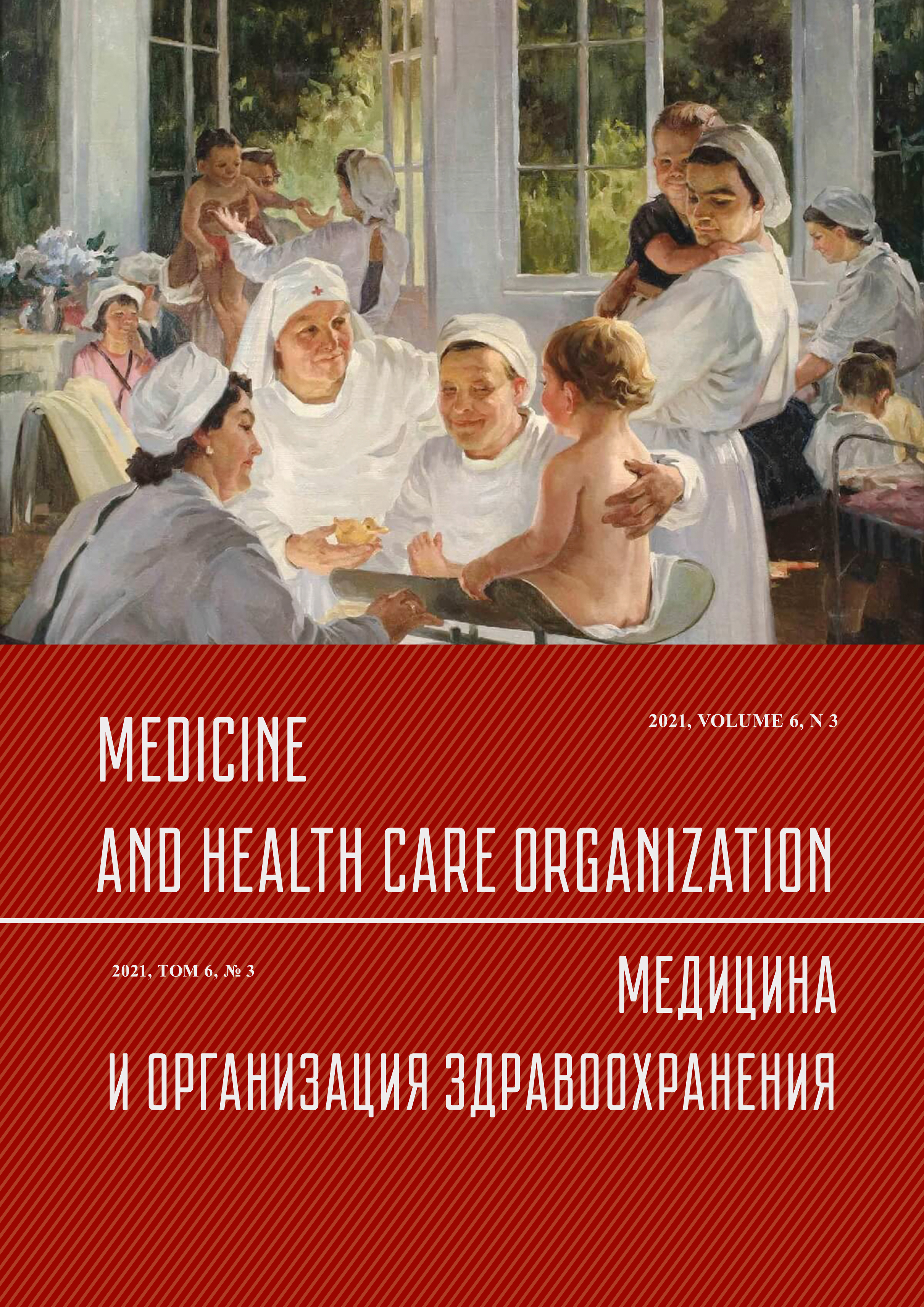Organization of medical and social assistance to adolescents in modern conditions
Abstract
The state of adolescent health is one of the important issues of social pediatrics. The choice of the adolescent period is due to a number of peculiar features of this age, such as physiological, morphological, psychological, social and clinical. In the new millennium, a decrease in the number of children in the Russian Federation to 26.5 million, especially at the age of 10 to 17 years is registered. This may have a negative impact on the economic development of the Russian Federation. According to the WHO (2021), the main causes of deaths in adolescents are injuries, violence, self harm. In St. Petersburg, there is also an increase in the incidence of adolescents and an increase in the frequency of mental disorders and behavioral disorders in them. The existing negative trends in the state of adolescent health are reflected in the implementation of socio biological functions: a decrease in the effectiveness of training, military service, professional orientation, deterioration of reproductive function. All these data served as a justification for the need to create a teenage medical and social service, the organization of which was determined by a number of orders of the Ministries of Health, Education and Social Development of the Russian Federation. Despite the work done, the organization of medical and social adolescent services in the Russian Federation is still in its starting point. The article discusses the successful experience of organizing this service in the St. Petersburg State Health Institution “City Polyclinic No. 37” (Children’s Polyclinic Department No. 12). The main activities of the department are considered in detail, as well as the principal stage scheme of its activity worked out in this medical institution. When evaluating the work of the medical and social service of this department, a significant increase in the number of visits to the children’s polyclinic by children from social risk groups, including adolescents, was noted. This helped to reduce the working hours burden on the pediatrician, and significantly increase the availability of primary health care for children from these groups. The development of a scientifically based system of medical and social support for children in the Russian Federation remains the most important task in the field of medical help. The authors have identified a number of problems, the solution of which will contribute to the successful solution of this problem.



